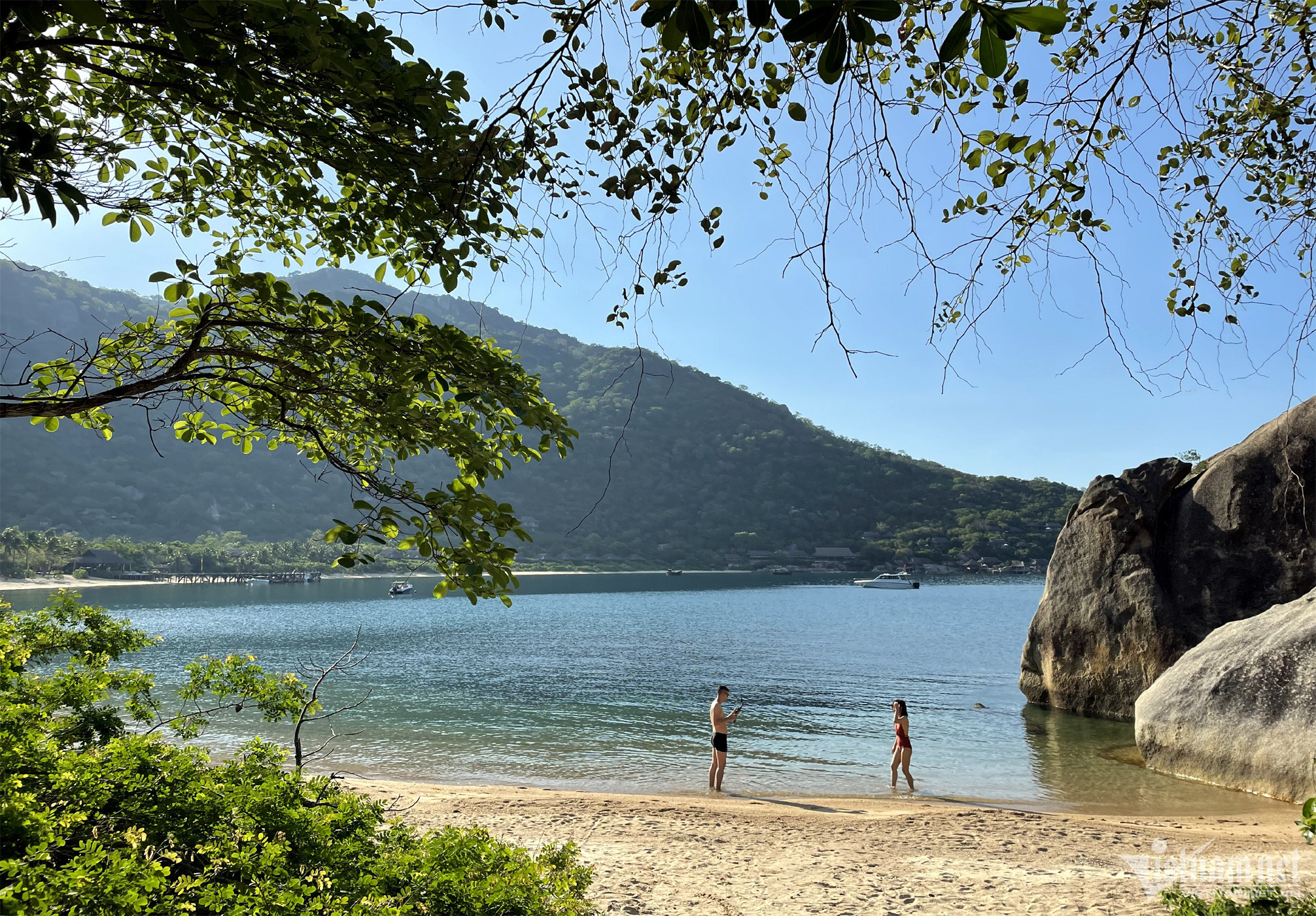
The World Economic Forum (WEF) has released a report on the global tourism development capability with the ranking based on a new assessment method.
In 2019, Vietnam ranked 63rd out of 140 economies with score of 3.84. In 2021, it ranked 56th out of 117 economies (4.0 scores). Meanwhile, in 2024, it ranks 59th out of 119 countries, with a score of 3.96/7.
Some key indicators fell sharply, including aviation infrastructure (- 17 grades) and sustainability in tourism demand (- 24). Meanwhile, it ranks low in two new indicators, including the openness of tourism (80th) and tourism’s impact on socio-economic development (115th).
Notably, tourism infrastructure is the biggest problem of Vietnam’s tourism with a score of 2.2, ranking 89th out of 119 countries.
Vietnam sees ranking improvement this year in five indicators, including competitiveness in prices (+ 4 grades), readiness in IT and communications (+ 3), tourism infrastructure and services (+ 4), openness of tourism (+ 2); and healthcare and hygiene conditions (+ 1).
According to VNAT, with the new assessment method, many other regional countries have also seen their grades decrease. Thailand, for example, has fallen by 12 grades, Singapore 4 grades, Malaysia 2 and Cambodia 1. Only the Philippines has increased by one grade, while Indonesia and Laos are in the same positions.
Vietnam ranks fifth in TTDI in the region, after Singapore (13th), Indonesia (22nd), Malaysia (35th) and Thailand (47th).
TTDI is the upgraded version of the WEF's Tourism Competitiveness Index, published once every two years, evaluating 119 economies. The assessment this year is based on five main listings (operating environment; policies and supporting conditions; infrastructure; driving forces for tourism demand and tourism sustainability), with 17 directories and 102 individual indicators.
As such, within three years, from 2021 to 2024, WEF has twice adjusted the tourism development capability index, which shows that the index still needs adjustments, and this will affect the ranking of every economy.
VNAT pointed out that the 115th position out of 119 economies on tourism’s impact on socio-economic development was surprising.
In reality, tourism is an important business field in Vietnam’s national economy. The reports on Vietnam’s monthly, quarterly and yearly socio-economic development released by the General Statistics Office (GSO) all show that tourism is a bright spot in Vietnam’s economy, which makes a great contribution to GDP growth.
VNAT believes that the positioning doesn’t exactly reflect the real situation and influences of tourism on socio-economic development. This is because WEF did not have enough updated statistics about Vietnam when making the report.
Similarly, Vietnam ranks 80th in tourism openness, among the lower average group in the world.
The indicator is set after considering four component indicators. Of these, the requirements on visa are assessed based on the World Tourism Organization’s (WTO) report about visa openness in 2015, which has become out of date. Meanwhile, Vietnam has made great improvements in visa policy in recent years.
To improve TTDI, VNAT believes that Vietnam needs to provide updated statistics about Vietnam’s tourism, so that WEF can assess the impact of tourism on Vietnam’s socio-economic development, as well as visa policy.
Vietnam needs to take full advantage of its strengths, such as competitiveness in prices, natural and cultural resources, and high security, to develop the tourism industry. At the same time, it needs to strengthen the conservation and promotion of cultural heritage and natural landscapes in localities.
The country needs to improve its ranking in the categories of grade decreases in 2024, including aviation infrastructure (down by 17 grades). The aviation industry needs to continue to improve its passenger transportation capability, improve service quality, increase transport output, expand flight routes and reduce airfares.
To improve the sustainability of tourism demand, which falls 24 grades in 2024 report, the tourism sector needs to develop more tours and design attractive products to increase the time of tourists' stay in Vietnam.
Once travel firms can diversify products and satisfy tourists’ demand year round, Vietnam will no longer depend on seasons. Travel firms also need to develop new destinations and secondary points to ease the overload at some key places.
Ngoc Ha